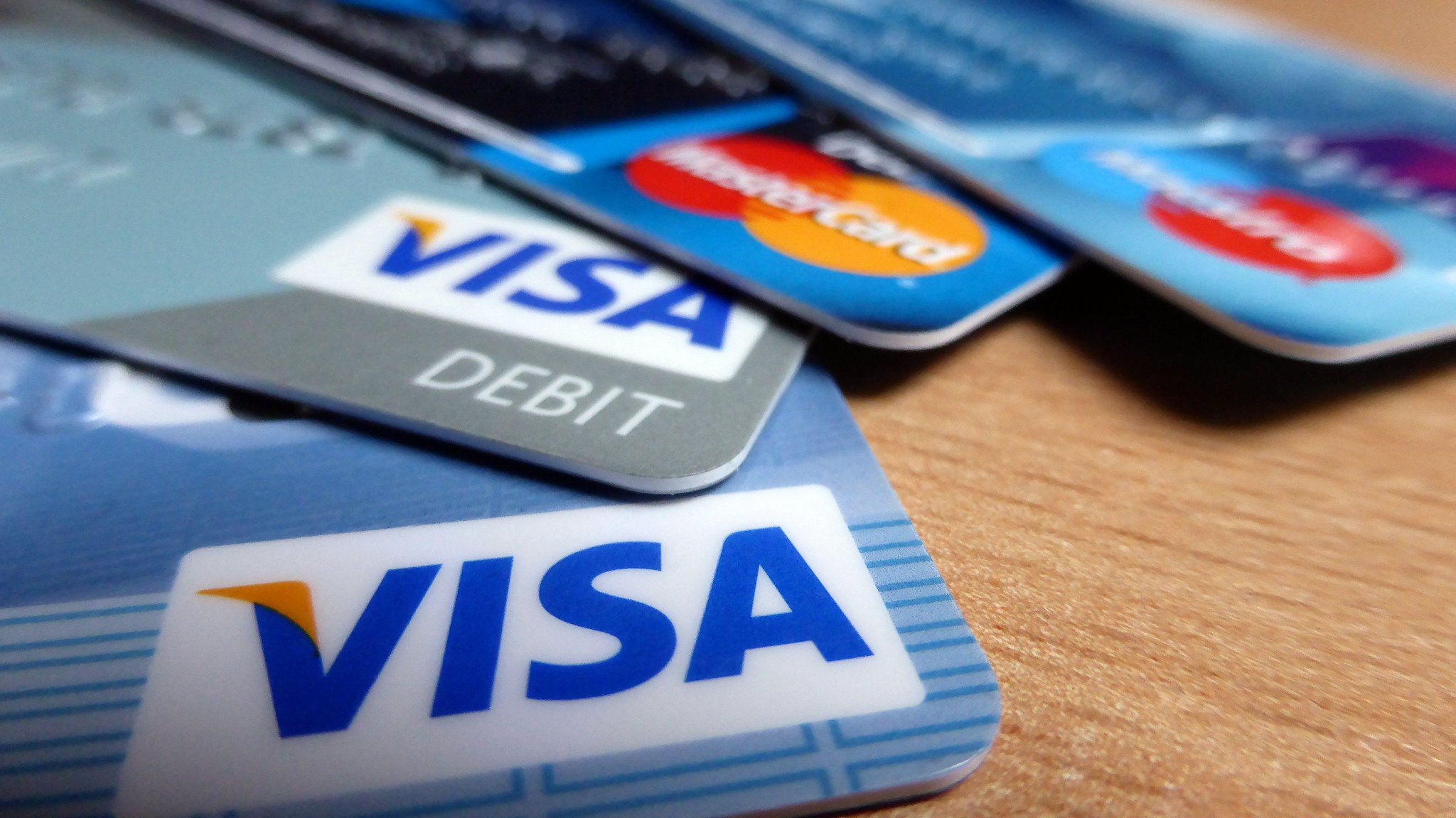Listen, we here at Confido Legal work hard for the money we get paid. Payments isn’t as mentally straining as rocket science or physically demanding as coal mining but it is a fairly complex regulated business and we work really hard to try and make things great for our law firm customers. And while there are still a handful of bar associations that want to make it harder for law firms to accept electronic payments (we’re looking at you Indiana, Iowa, Mississippi, Nebraska, West Virginia, Alabama, and Michigan), today most law firms are largely free to take advantage of the collections and convenience benefits that accepting electronic payments offers.
But we acknowledge that, at least when it comes to credit cards, electronic payments can be expensive. Nearly 3% of revenue can feel like a lot, especially when the firm has significant revenue coming in through credit cards.
Of course, firms can explore shifting credit card fees but what about other types of payments altogether? Many of us are carrying around debit cards in our pockets. And most of us use them just like credit cards. But credit and debit are different. Could debit cards be a better - or alternative - electronic payment option for your firm? We’ve all heard the jokes that younger people don’t even know what checks are. Yet, in any given month, 25-35% of the transactions we process at Confido Legal are bank transfers - otherwise known as ACH transactions. So . . . it may not be young people but there’s some group of people out there that know their account and routing numbers well enough to use them to pay their lawyer.
The firms that we at Confido Legal see having the most successful payments experience (i.e. highest collections, fastest times to payment, lowest costs) don’t rely upon credit cards alone to get paid. Instead, they strategically deploy different payment methods, improve their odds of getting paid, speed up the time to get paid, and keep their costs down.
Here are three tips that we’ve gleaned from these payments rockstars to help you think more broadly about payments in your firm.
More options are generally better . . . but not always.
Often, when we propose offering debit or ACH as additional payment methods, firms are all over it. Offering more options for clients to pay only seems like a good idea. Some clients don’t have a credit card. Others only want to use it sparingly. Still others are all about points and miles and want to use a card to pay for everything. Some clients operate very strictly on a cash basis and like the certainty of ACH. All are great options. But they’re not created equal.
Taking the Confido Legal platform as an example, we charge a flat 2.95% for cards and 0.35% for ACH. Cards are almost 10 times as expensive as ACH! Making it easy for clients to pay is important but is it 10 times less convenient for them to find their routing and account numbers? Is a client 10 times more likely to pay right away with a credit card rather than cash? Some firms that have in-person sales meetings with clients ask the client to bring their checkbook and get an initial payment right at the meeting via paper check or ACH. The sales closing is a perfect opportunity to push the client toward ACH.
Match the payment type to the client or matter.
Another payments move that we see among smart firms is to try and match the payment type to the client. Perhaps the stereotype is true that older clients prefer ACH. If so and if you’ve got an older clientele, perhaps deploying only ACH or deploying ACH strategically could work for your firm.
Similarly, most corporate clients have American Express or other corporate credit cards. If your firm services corporate clients, offering credit cards is probably a must.
Lower-income and/or lower-cost and higher volume clients are an interesting case. For high-volume firms we’d probably recommend offering as many different ways to pay as possible. You don’t want to be chasing clients for a few hundred dollars to try and save 3%. That said, many lower-income clients don’t have credit cards. So, considering your clients’ most common payment methods and tailoring your business processes to those is not a terrible idea.
Remember ethics!
Finally, for some practice areas accepting credit cards is problematic. The most obvious one is bankruptcy. We recently did a deep dive into whether bankruptcy attorneys are even allowed to accept credit cards. Spoiler alert: the answer is probably “yes” but it’s not a great idea. Either way, for bankruptcy attorneys in specific and others for whom this issue comes up, it might be best to only offer debit or ACH.
Toggle for Flexibility
The key here, of course, is building your systems and processes to allow you flexibility in the payment methods that you offer to clients. While it’s definitely possible to do a lot of this switching yourself we recommend that clients find a payment processor that enables them to toggle between payment methods easily. Again, the firms that we see succeeding with payments are able to create unique web pages, standing payment links, and recurring payment links, as well toggle different methods on and off on the fly. Before you start working with a payment processor be sure to inquire as to the different payment methods that they offer and the kind of flexibility they have in deploying those methods.
Payments may seem like a pretty boring part of your firm. Worse, given the cost, it may seem like a necessary evil. The truth is that, with some thought, payments can represent a real opportunity to improve a firm’s processes and financial position. The key is to look beyond simply offering credit cards.
“Credit Cards” by Sean MacEntee is licensed under CC BY 2.0.


